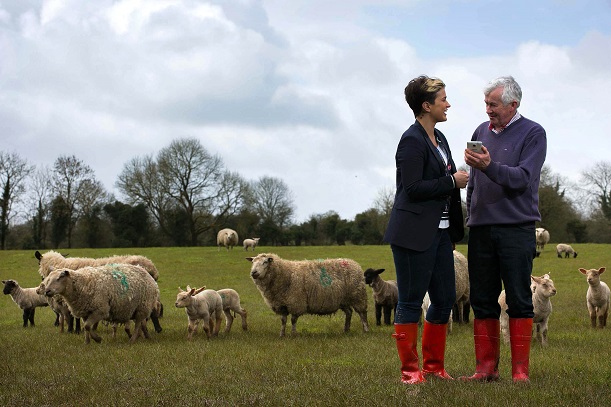Mobile operators could set a better example themselves say critics
Vodafone UK’s demand that the government fight climate change with 5G masts, the Internet of Things (IoT) and digital connectivity has been met with scepticism – even by telecoms industry stakeholders.
Quoting a WPI Economics report commissioned by Vodafone, its UK chief network officer Andrea Dona said three sectors are the key areas to tackle when cutting emissions in the next decade: transport, agriculture and manufacturing.
The transport sector could cut for 9.3 million tonnes of carbon dioxide emissions, by using mobile operator’s service, such as telematics to speed delivery and cut fuel consumption, Vodafone claims.
Smart sensors in farms and robot tractors in the fields could banish 4.8 million tonnes of CO2 from the environment, it was argued. Meanwhile artificial intelligence, machine learning and smart buildings would stop manufacturers exporting 3.3 million tonnes of carbon to our ecosystems.
Vodafone’s Dona urged the government to incentivise the use of IoT and 5G in key industries with tax payers subsidising the industry with £500 million hand outs for regional innovation centres. Dona also appealed for broader programmes to strengthen the digital skills of businesses and local authorities, and to implement regulation covering the security and data standards of IoT devices.
Stop the poisonous electronic waste
Vodafone said it aims to eliminate all carbon emissions from its operations in the UK by 2027, while its parent group aims to hit the goal by 2040.
Feedback from industry participants suggested that subscribers are not impressed. “I wish they would just force mobile operators to share the networks/masts with users roaming between them,” said ‘SM’ to ISP Review. If mobile operators were more co-operative they could reach other areas and avoid the pattern of slow rollouts to a patchwork of cherry picked locations that take years upon years to materialise, the feedback said.
Elsewhere other stakeholders commented that mobile operators might want to choose to work with phone manufacturers who don’t programme in-built obsolescence into all their handsets and cables. This would reduce pollution from electrical waste and cut the carbon footprint involved in endlessly remaking things and disposing of them, critics pointed out.
One stakeholder, calling himself Winston Smith, summarised the scepticism towards Vodafone’s position on Net Zero. “Climate change doesn’t care if you believe in it, it’s happening anyway,” said Smith, “although PR fluff like this tends to dilute the message.”


